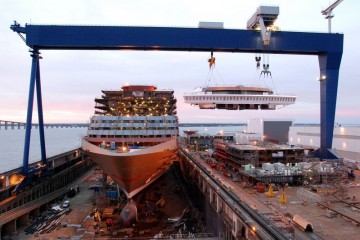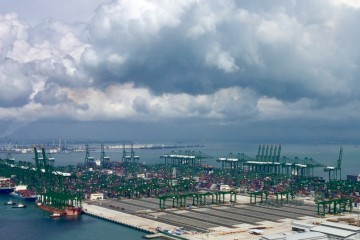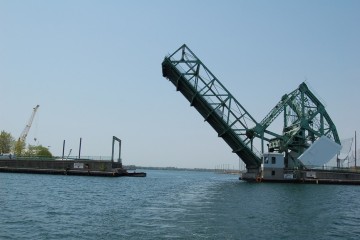Gustave Flaubert wrote a magnificent little book called “A dictionary of platitudes” a century ago. If someone would dare to write a similar dictionary on platitudes in the contemporary shipping world, the phrase “level playing field” would definitely need to be in it, probably on the same page as “global rules for a global industry”. Both phrases – used inter-changeably – are easy to understand and have proven to be very powerful ways to stop any debate that might lead to more stringent regulation for shipping.
To avoid all misunderstandings: I have nothing against level playing fields. Competition needs to be fair and rules need to be enforceable: companies should not be able to get a competitive advantage from not complying to regulation. But too often the platitude is used to frustrate any form of progress. On top of it, the platitude is flawed, for a variety of reasons.
1. The industry is not uniformly global. A substantial part of the shipping market is national or regional rather than global. Many “global” shipping companies seem closely tied to certain countries that bail them out, give them subsidies or even simply own them. An ambitious Ph D-student should try to crack the mystery of how the interests of large shipping companies are represented by a political-administrative apparatus, via lobbying, political party finance or other links. If there can be no national rules for the “global” industry, then surely there can not be national favours for it either?
2. “Level playing field” can not be the principle that excludes all others. There are always trade offs with other principles. The principle that nobody should die from air pollution for example. Why would countries or regions not be able to determine how much negative impacts from shipping they are prepared to suffer? Especially if there are regional or national solutions that keep the level playing field intact, e.g. by regulating all shipping companies – irrespective of the nationality of their registry, management, crew or ownership.
3. The level playing field-platitude is often selectively used: namely only in the direction that is deemed appropriate by the shipping sector. It was one of the main arguments against the introduction of emission control areas. Now that these are a reality, should not the same principle require that other parts of the world also introduce ECAs? In similar vein, would the prohibition of shipping conferences in large parts of the world not also require that other countries should do the same? Now that the US seems to be more strict on the joint bargaining power of alliances – and rightly so – should not the EU follow? All these are level playing field-questions, yet little chance that any of these will be raised by the shipping sector.
4. Our platitude also Ignores the nature of reforms. The idea that global change happens from one day to another by bringing 190 countries together in a room in London is clearly illusionary. There are always pioneers that clear the path for others. We needed Norway to come up with a NOx Fund that in turn inspired the EU Maritime Climate Fund that might set the example for a global scheme to reduce shipping’s carbon emissions. So yes, the advantage of pioneers is that they can set the terms for others.
Enter 2017. We might witness a new phase of globalisation in which multilateral institutions play a less dominant role. This suggests the need for a new shipping narrative with new platitudes.
Can I have a first go at proposing this new era’s catch phrase? I would say the time is ripe for tailor-made solutions. Tailor-made, Flaubert take notice!
1 Comments
Comments are closed.




The UK government’s Flaubertian contribution would no doubt be “strong and stable”. This presently much loved political catchphrase can be applied to any industry, policy, political institution and democratic body in order to mean absolutely anything you may wish it to mean (or even something completely different later on if you happen to have misspoke).